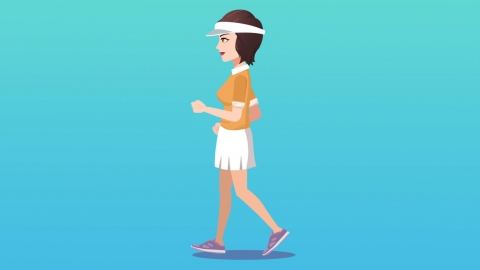What to do about high blood pressure
Hypertension requires comprehensive management through dietary regulation, regular exercise, weight control, routine monitoring, and medication. Most patients can achieve stable blood pressure and reduce the risk of cardiovascular and cerebrovascular complications with proper intervention. If blood pressure continues to rise or symptoms such as dizziness and chest pain occur, prompt medical attention is recommended.
1. Dietary Regulation: Reduce sodium intake, limit daily salt consumption to less than 5 grams, avoid pickled foods and processed meats, increase intake of vegetables, fruits, and whole grains, limit alcohol consumption, and reduce high-fat and high-sugar foods to help lower blood pressure through diet.
2. Regular Exercise: Perform at least 150 minutes per week of moderate-intensity aerobic activity, such as brisk walking, jogging, or cycling. Avoid strenuous exercise and gradually increase intensity to promote circulation and help regulate blood pressure levels.

3. Weight Control: Overweight or obese individuals should achieve weight loss through balanced diet and physical activity, maintaining a body mass index (BMI) between 18.5 and 23.9. Reducing body fat accumulation helps decrease cardiac load and supports blood pressure stability.
4. Regular Monitoring: Use a calibrated electronic sphygmomanometer at home to measure and record blood pressure at consistent times each day. Visit the hospital for check-ups every 3–6 months, and adjust treatment plans according to blood pressure trends to ensure target blood pressure control.
5. Medication Therapy: If blood pressure remains uncontrolled after 3 months of lifestyle interventions, antihypertensive medications—such as calcium channel blockers or angiotensin-converting enzyme inhibitors—should be taken under medical supervision. Medications must be taken regularly as prescribed; do not discontinue or change drugs without consulting a doctor.
Maintain a regular daily routine, avoid staying up late and excessive fatigue, minimize mental stress and anxiety, keep emotions stable, establish a habit of regular bowel movements, and avoid straining during defecation, which may cause a sudden spike in blood pressure.






